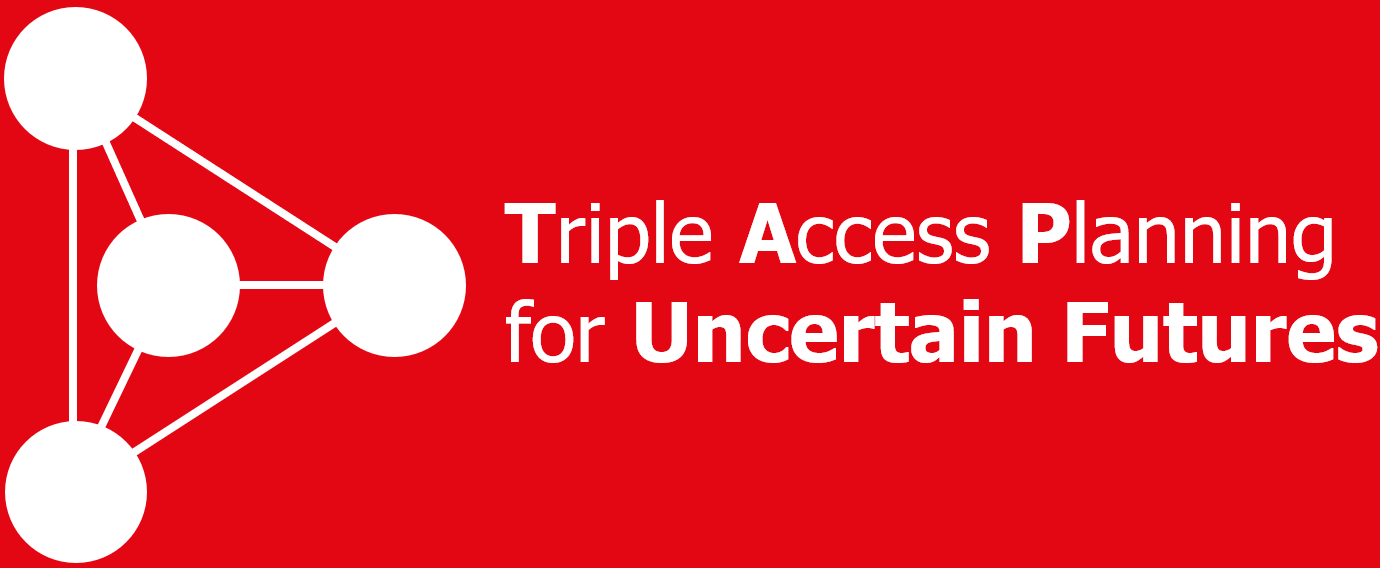Glenn Lyons, UWE Bristol / Mott MacDonald
Imagine cooking an important meal. What matters most – the ingredients or the recipe? Sure, a skilled cook can sometimes work wonders with poor quality ingredients or even come up with a new recipe on the spot if the wrong ingredients are to hand or some are missing. But better surely to have the best ingredients possible – ones that together have the prospect of moving the dish from being tasteless and bland or overpowering and unpalatable to a culinary delight that leaves everyone satisfied when they eat the meal.
Now turn to your professional life and imagine preparing a strategy or engaging on important topics to improve understanding. What matters most – the participants or the process? Isn’t it self-evident that the people involved will be a significant determinant of what emerges? You would think so and yet it seems when it comes to the transport sector (which remains male dominated) we may have problems with ingredients and recipes. We’ve got so used to a diet of heterosexual white men serving up mobility solutions that we seem to have overlooked whether new ingredients and a fresh recipe might be able to serve up something new that pleases more of those who are on the receiving end of the results.
Here’s a test for you – I bet without too much trouble you can find an example of an all-male panel (manel) at a transport event (or one which has one woman with the rest being men). Did you pass that one? OK, how about finding an example of a panel that is rich in diversity in relation to protected characteristics (those being: age, disability, gender reassignment, marriage and civil partnership, pregnancy and maternity, race, religion or belief, sex, and sexual orientation)? Not so easy I’m guessing.
Shouldn’t it be obvious that improving diversity in our engagement enriches the dialogue and outcomes? Diversity reaches further than protected characteristics to also reflect experience, areas of expertise, worldviews, status and so on. In one sense that manel you found is likely to be diverse in some respects, but plainly it could have been much more diverse.
Doesn’t this sound rather woke though – trying to be progressive in relation to identity and race? After all, it’s about having the right expertise involved isn’t it? If that manel has five leading experts on the topic who happen to be men, what’s the problem? It seems startling that this can be a standpoint some would take. Worthy of note is how often it seems this can unconsciously affect how groups of people are convened – manels by accident not by design.
The project Triple Access Planning for Uncertain Futures has tried to raise such issues – at least in terms of gender – into its consciousness and in turn into its behaviours. Earlier this year our monthly team meeting coincided with International Women’s Day and the topic was discussed. We reflected on our strongly (though not exclusively) white male team composition at proposal stage that lay the foundations for the project. We knew we needed to do better. Along the way we have had some successes in terms of engagement activities where we have consciously sought good gender balance. Diversity brings difference of perspective and insight to light. One simple yet important example was the female voice that highlighted fear of personal security in a systems thinking workshop – a key variable in the transport system and Triple Access System and yet one easily overlooked. From different countries represented in the consortium we noted the following: (i) even if there are national role models, gender representation in the workplace can be low, making it challenging to in turn create diverse project teams; (ii) while the planning profession can be better than transport planning at recognising the importance of diversity, top positions in policymaking are still very male dominated; and (iii) gender equity became more visible in one case nationally when the requirement from the EU to prepare a Gender Equality Plan was addressed. As a group we recognised that generational chance offers signs of encouragement for equality but just before our team meeting, the Secretary General of the UN had noted that “On the current track, UN puts gender equality 300 years away”.
There is much to do globally but surely as professionals we can make a much more concerted effort to do better. As a minimum let’s call out those panels and discussion sessions where diversity is conspicuous by its absence. Let’s try and be more consciously competent when we are in positions of organising engagement activities so that more richness of human diversity is part of the dialogue and in turn helping to shape better outcomes. If we want better planning and better planning outcomes then we need to pay more attention to the planning ingredients.
